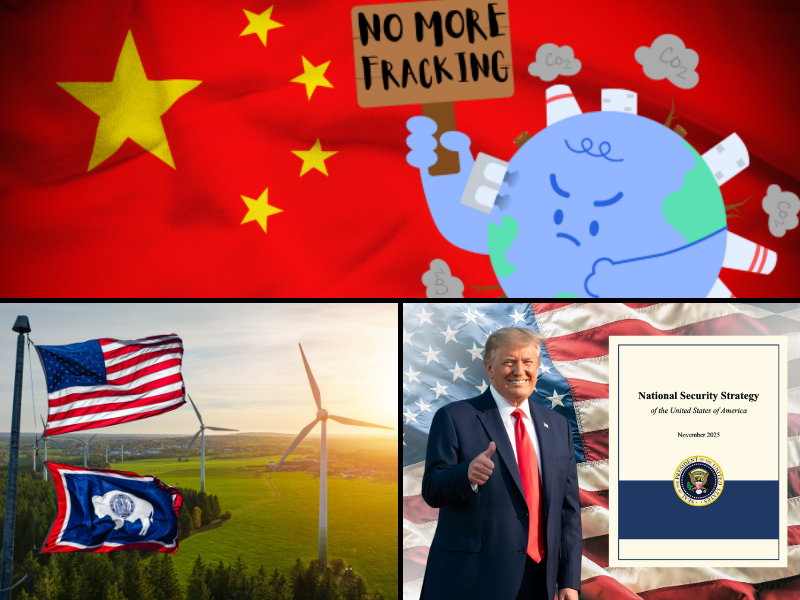The U.S. Senate has rejected an effort to repeal the provision of the federal Energy Policy Act of 2005 exempting gas drilling and extraction from federal requirements in the underground injection control program of the Safe Drinking Water Act.
The measure would have repealed the provision, and the 63-35 vote left regulation of hydraulic fracturing firmly in the hands of state agencies.
State Primacy Key to Energy Boom
Daniel Simmons, vice president for policy at the Institute for Energy Research, notes the states have always had the authority to regulate groundwater within their borders. In 2005 Congress passed and the President signed a law barring the federal agencies from usurping states’ powers by regulating groundwater. The 2005 law recognized the longstanding role, under the principle of federalism, of state governments’ responsibility for and authority over groundwater.
“The fact that state governments have primacy to regulate groundwater protection is one of the key reasons that oil prices are around $50 a barrel today,” Simmons explained. “Oil and natural gas production has boomed in the United States over the last few years because the states regulate hydraulic fracturing on private and state land, and not the federal government. On federal lands, oil and natural gas production has fallen, but production is booming on private and state lands. This discrepancy is because of onerous federal regulation.”
Isaac Orr, a research fellow at The Heartland Institute, which publishes Environment & Climate News, agrees state authority benefits the public through cheaper energy. “Allowing EPA to step in and require federal permits would likely impede drilling and subject drillers to extensive federal permit applications that have been estimated to add up to one million dollars in cost per well, a very significant amount,” Orr said.
“State agencies have done an exemplary job of keeping pace with the industry as far as requiring best practices and new safety standards to protect the environment, something the EPA has failed to do,” he added. “The Government Accountability Office has admonished EPA for failing to incorporate state regulations into EPA guidelines for wastewater disposal wells. Fortunately, state regulators are better [than the federal government] at protecting the environment while allowing for the development of natural resources.”
Concerned About EPA, BLM Studies
John Eick, the Energy, Environment, and Agriculture Task Force director for the American Legislative Exchange Council, expressed concerned over the Bureau of Land Management and EPA conducting studies to determine whether they should expand their authority over fracking.
“Overall, states have done an excellent job regulating the industry, Eick said. “Significant economic gains have been made, [and] there has never been a single documented case of aquifer contamination. There is a legitimate concern that the federal government playing a growing role in regulating fracking could unnecessarily hinder further development of the oil and gas industry.”
Kenneth Artz ([email protected]) writes from Dallas, Texas.





